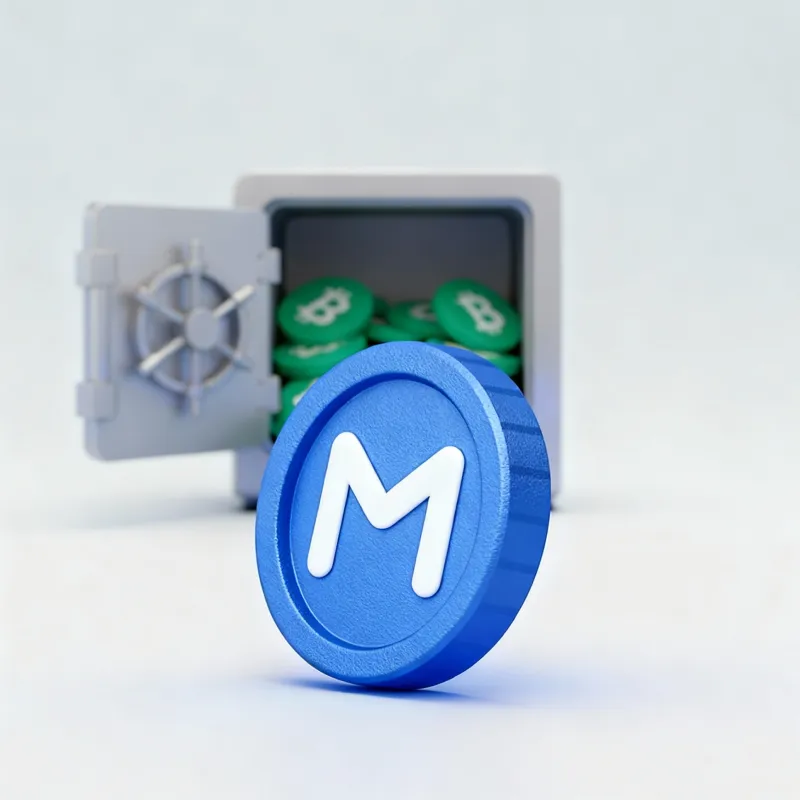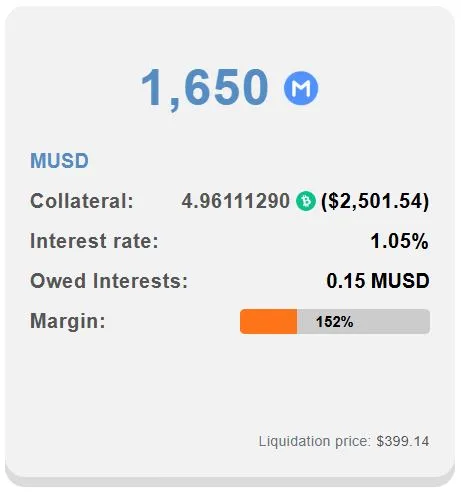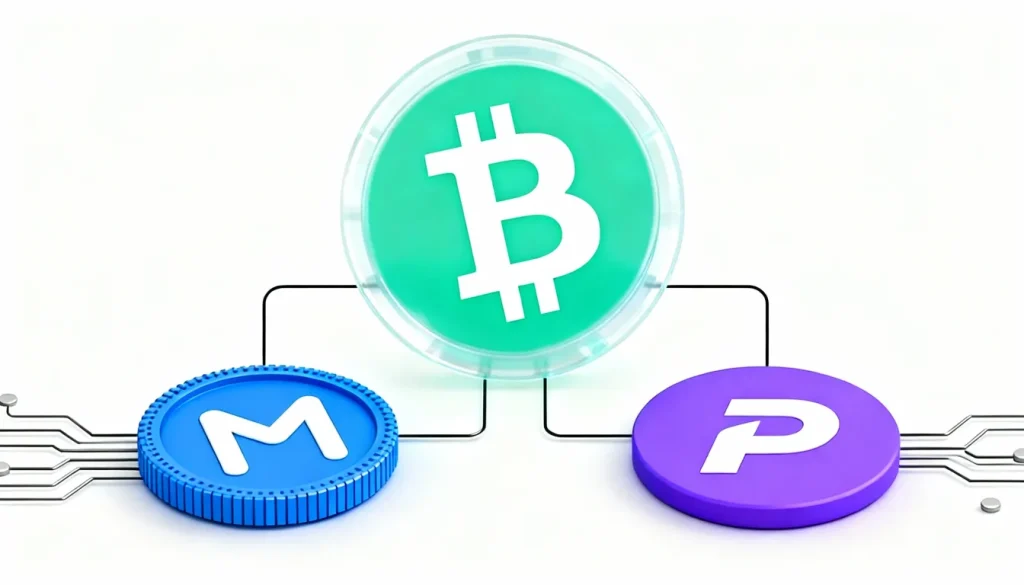True Stablecoins Give Freedom, Not Worries
With no central authority in control and minted organically by users as loans, Bitcoin Cash stablecoins bring fiat value on-chain without trusting obsolete intermediaries. Contrary to USDT and USDC, there's no blacklisting or government reporting.
The $1 stable value is achieved through overcollateralization and economic incentives that guarantee the peg — mathematical incentives that act like gravity, pulling it naturally back to center.
The main one today is MUSD (Moria), with PUSD (ParityUSD) coming soon.
MUSD/PUSD | USDT/USDC | |
|---|---|---|
Decentralized? | ||
Nature of value | Mathematical | Custodial promise |
Transparency | Open-source code | Questionable / Audited |
Immune from politicians | ||
Adoption | Lower | High |
How MUSD works and why it’s worth $1
MUSD is created when users open a loan backed by BCH collateral.
Each position maintains a minimum collateral ratio of 150%, ensuring that for every 1 MUSD, there’s at least $1.50 worth of BCH locked in smart contracts.

If the collateral ratio of a loan falls below 120%, the position becomes eligible to public liquidation — anyone can repay the MUSD debt and claim the BCH collateral at a discount, keeping the Moria system solvent and transparent.

What a MUSD loan looks like in Moria’s web app
How the contracts know the BCH/USD price
A cryptographically signed price oracle provides real-time BCH/USD price to the Moria smart contracts. Moria uses General Protocols’ oracle. More information is available in oracles.cash.
Redeeming MUSD for $1
If MUSD trades below $1 in Cauldron DEX, the loan with the lowest interest rate becomes publicly redeemable — users can repay MUSD and unlock $1 of BCH for each, with the excess collateral going back to the loan owner. This arbitrage drives MUSD price back to $1.
Together, these mechanisms keep MUSD ≈1 — a stable dollar value born from transparent code.
Moria’s contracts are audited by Hashlock.
Ready to explore it yourself?
Learn how to use Bitcoin Cash and open your first Moria loan in our short starter guide:
Coming soon: Parity USD (PUSD)
Based on Liquity V2’s design, launching on December 2025, PUSD works similarly to Moria but with these key differences:

We will have an in-depth article after launch. For more information, check ParityUSD.com.
The technical innovation behind BCH stablecoins
Cashtokens made this possible on BCH, an upgrade enabling native tokens and on-chain smart contracts without the need for sidechains or bridges. It preserves Bitcoin’s original scripting goals, allowing assets to exist directly on the base layer without overcomplexity hindering adoption.
Bitcoin (BTC), by contrast, has limited scripting capabilities, forcing token projects like RGB or Taproot Assets to depend on off-chain or federated components.
BCH’s architecture restores what Bitcoin was meant to be→: programmable, peer-to-peer money for the world.
Ready to test MUSD?
Try MUSD loans and Cauldron DEX with our step by step process to start with BCH→

